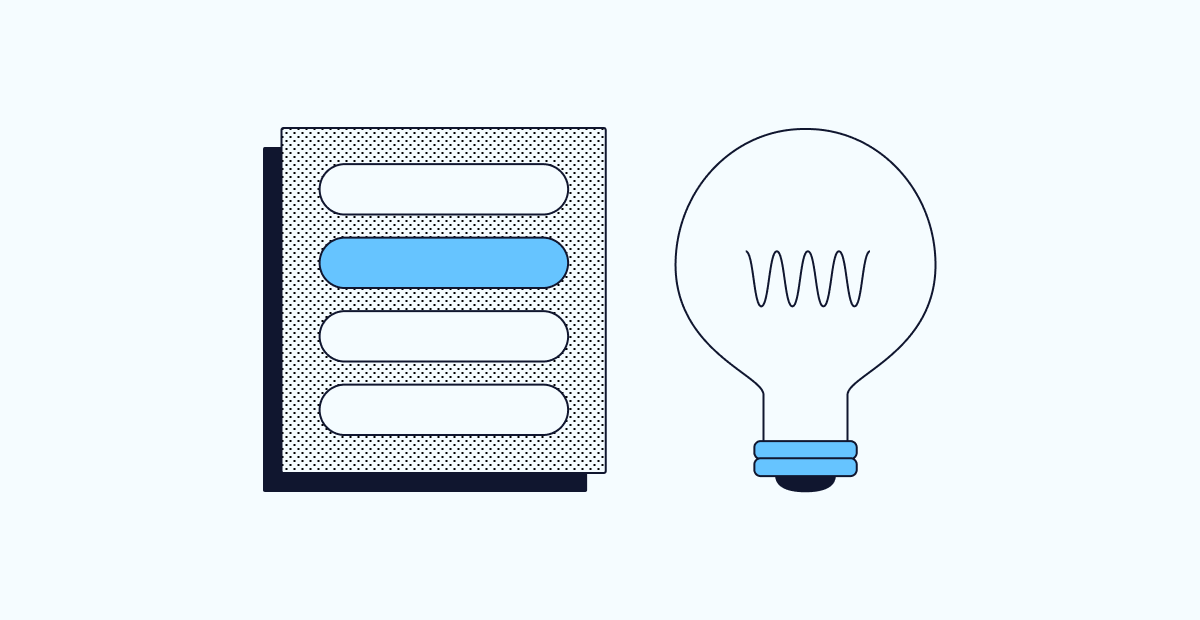Swedish central bank concludes proof of work blockchains are unacceptable
The post Swedish central bank concludes proof of work blockchains are unacceptable appeared on BitcoinEthereumNews.com. Riksbank, the Swedish central bank, recently released a paper on the potential climate impact of retail central bank digital currency (CBDC) models. It concluded three things: that the energy usage of an e-krona would be similar to that of card payments, that after a certain point, more nodes lead to diminishing returns, and that proof-of-stake (PoS) blockchains and any kind with Byzantine Fault Tolerance (BFT) are likely palatable, whereas proof-of-work (PoW) blockchains are out of the question. Semi-centralized is Riksbank’s preference The Swedish central bank tested three models: fully centralized, semi-centralized, and fully decentralized or permissionless. It found that semi-centralized is the optimal model. It didn’t like a fully decentralized model because non-central bank actors would have full access to the data and could participate fully in the e-krona network. Likewise, it found that after a sufficient level of decentralization had been reached, more nodes were a waste of energy. However, Riksbank didn’t like the fully centralized model, either, due to it having a single point of failure. Therefore, the ‘semi-centralized’ model with multiple copies of the ledger on participating nodes was the best option, it said. With this model, Riksbank would still operate the core system and a limited number of payment companies would have network access. Opinion: proof-of-work is the best model, despite what Riksbank says While the Riksbank paper focuses on energy usage and climate impact, it’s incorrect to conclude that PoW blockchains are unacceptable because of their energy usage. The BSV blockchain, which follows the original Bitcoin protocol laid out by Satoshi Nakamoto in his 2008 white paper, scales to millions of transactions per second (TPS) and is capable of all sorts of complex transactions, including data, payments and more. When the same amount of energy currently used to power the BTC blockchain at seven TPS…

The post Swedish central bank concludes proof of work blockchains are unacceptable appeared on BitcoinEthereumNews.com.
Riksbank, the Swedish central bank, recently released a paper on the potential climate impact of retail central bank digital currency (CBDC) models. It concluded three things: that the energy usage of an e-krona would be similar to that of card payments, that after a certain point, more nodes lead to diminishing returns, and that proof-of-stake (PoS) blockchains and any kind with Byzantine Fault Tolerance (BFT) are likely palatable, whereas proof-of-work (PoW) blockchains are out of the question. Semi-centralized is Riksbank’s preference The Swedish central bank tested three models: fully centralized, semi-centralized, and fully decentralized or permissionless. It found that semi-centralized is the optimal model. It didn’t like a fully decentralized model because non-central bank actors would have full access to the data and could participate fully in the e-krona network. Likewise, it found that after a sufficient level of decentralization had been reached, more nodes were a waste of energy. However, Riksbank didn’t like the fully centralized model, either, due to it having a single point of failure. Therefore, the ‘semi-centralized’ model with multiple copies of the ledger on participating nodes was the best option, it said. With this model, Riksbank would still operate the core system and a limited number of payment companies would have network access. Opinion: proof-of-work is the best model, despite what Riksbank says While the Riksbank paper focuses on energy usage and climate impact, it’s incorrect to conclude that PoW blockchains are unacceptable because of their energy usage. The BSV blockchain, which follows the original Bitcoin protocol laid out by Satoshi Nakamoto in his 2008 white paper, scales to millions of transactions per second (TPS) and is capable of all sorts of complex transactions, including data, payments and more. When the same amount of energy currently used to power the BTC blockchain at seven TPS…
What's Your Reaction?









![How to Nail First-Party Data Strategy According to a Google Director of Product Management [+ New Data]](https://www.hubspot.com/hubfs/first-party-data-strategy.webp)









































































